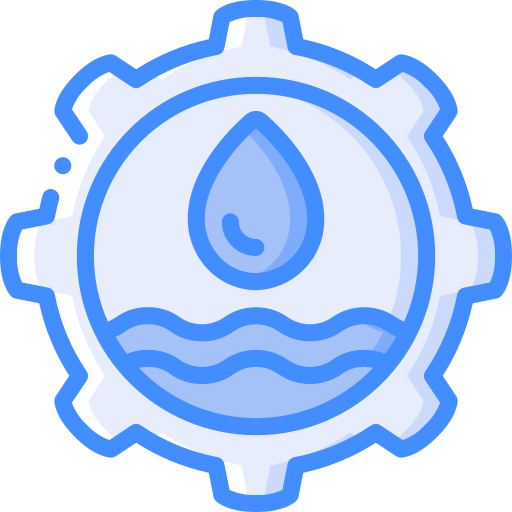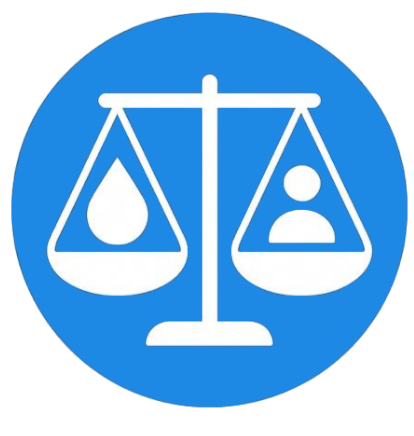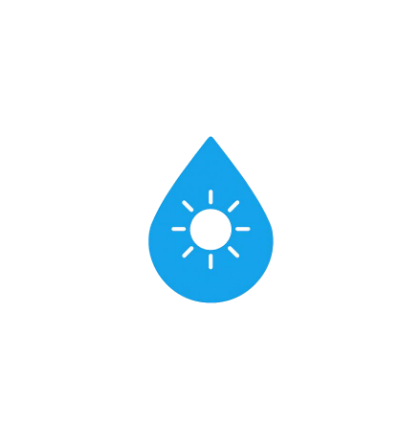A National Vision for Institutional Integration, Legal Reform, and Strategic Water Governance
Pakistan Water Framework is a comprehensive initiative designed to map, analyze, and propose reforms for the country’s entire water governance structure. This section brings together discussions on dams, barrages, water reservoirs, irrigation systems, legal authorities, and regulatory frameworks. It proposes institutional unification including a central authority above all water related bodies and courts to ensure efficiency, transparency, and sustainability in managing Pakistan’s most critical resource: water.
Through this platform, we aim to provide policymakers, researchers, and citizens with the strategic thinking, data, and reforms needed for Pakistan’s long term water security and sovereign control.

Pakistan’s water comes from glaciers, rainfall, rivers, and underground aquifers. This part highlights the role of the Indus Waters Treaty and examines how much water is stored in dams and reservoirs versus how much is lost due to limited infrastructure.

Covers how water is consumed across agriculture, cities, industries, and households. Focuses on water governance systems, regulatory frameworks, and institutional roles that influence how water is managed and distributed.

Analyzes cross-border threats such as India’s upstream control, the strategic role of dams, internal vulnerabilities, and the military and diplomatic dimensions of protecting national water interests.

Explores the fair distribution of water among provinces and communities, with attention to urban and rural disparities, access for women and vulnerable groups, constitutional responsibilities, and Islamic principles related to justice in water allocation.
Building a Transparent and Data Driven Foundation for Water Governance
Addressing jurisdictional overlaps and reforming legal frameworks for water governance.

Lays out a forward-looking roadmap that includes institutional reforms, national water policy, construction of new dams, desalination, recycling technologies, and sustainable urban water solutions to secure a long-term water future.
Maps, telemetry systems, GIS based visualizations
